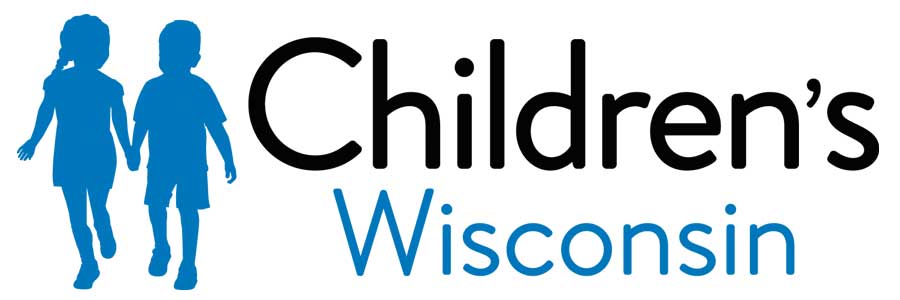Thyroglossal duct TGD cyst surgery (1480)
Key points below
What is a Thyroglossal Duct Cyst?
A thyroglossal duct (TGD) cyst is a soft lump on the front center of the neck. Most often these cysts are found in children ages 2 to 10 years.What caused it?
• The TGD cyst developed before your child was born. This is called congenital. There is nothing you could have done to prevent this.• It happens when the thyroid gland forms at the back of the tongue and moves down the neck. It moves through a canal called the thyroglossal duct. Normally, this duct goes away after the thyroid gland gets to the bottom of the neck.
• A TGD cyst forms when part of this duct stays behind. It can fill with fluid or mucus. It will then grow larger and get infected.
What are the signs or symptoms?
• A lump in the middle of the neck.• The cyst may move up and down when swallowing or when sticking out the tongue.
• If infected, the cyst may be red, swollen, tender or painful.
• It may drain mucus through a small opening in the skin.
How is it diagnosed?
Most TGD cysts can be diagnosed during a physical exam. A neck ultrasound or scan may be done see if there is thyroid tissue in the TGD cyst. A swollen lymph node or other neck cyst can look like a TGD cyst.How is it treated?
Surgery is needed to remove TGD cysts. This will prevent more growth of the cysts or an infection. Infection and drainage of the cyst can make surgery more difficult. After surgery, a cyst may come back if the entire tract of the cyst is not removed.What do I need to know before my child's surgery?
Do not give your child these medicines at least 2 weeks before surgery. They increase the chance of bleeding during surgery.• Ibuprofen (Motrin®, Advil®, Pediaprofen®)
• Naproxen
• Aspirin
You can give Tylenol as needed. Do not stop any prescribed medicines without talking with your doctor. If your child is put on any medicine other than an antibiotic before surgery, please call our office.
Before surgery (continued)
• We try to schedule surgery as soon as possible. If you have not heard from us in 2 weeks, please call our office.
• Surgery is best done when your child is healthy. If your child has signs of illness, call your child’s doctor or nurse right away. Surgery may be cancelled if your child is ill or has a fever.
What do I need to know after my child’s surgery?
Your child will need to meet these goals before going home:• Taking enough fluids.
• Feeling comfortable.
• Getting back to some quiet activities.
What to expect
PainYour child may have mild pain for up to a week after surgery. Every child copes with pain differently. Give acetaminophen (Tylenol) or Ibuprofen as needed. You may alternate the Tylenol and ibuprofen. Use this chart to help you remember: #1360 Going home with medicine
If your child has bleeding issues, do not give ibuprofen.
• Your doctor may prescribe a stronger prescription pain medicine. This medicine is called a narcotic. Some narcotics contain acetaminophen (Tylenol). If your child is taking a narcotic, check with your doctor before giving Tylenol.
• If your child needs more pain medicine, call the nursing line at (414) 266 2982. After hours call (414) 266-2000. Ask to have the ENT doctor on call paged.
Be sure to follow the directions on the bottle label of all medicines you give your child.
Diet
• Your child may drink clear liquids when fully awake.
• Start a normal diet when your child is hungry and ready to eat.
Wound care
• Your child will have an incision where the TGD cyst was removed. Stitches are put under the skin. They will dissolve over the next few weeks.
• If the incision is covered with tape strips, they will peel off on their own in about a week. Some redness along the incision line is normal.
• After 24 hours, you may get the incision wet. Dry thoroughly after water exposure.
• Your doctor will let you know if you need to put anything over the incision.
Follow up care
If your child does not already have a post-op visit scheduled, call your doctor’s office. Your child needs to be seen in 1 to 2 weeks after surgery.Bathing and swimming
Check with your child’s healthcare provider about when your child can take a bath and swim.
Activity
• Your child should not play any contact sports or activities that could cause the incision to get hit. They may start regular activity as they are able after surgery.
• At your post surgery check up, your doctor will tell you when your child can go back to sports activities.
